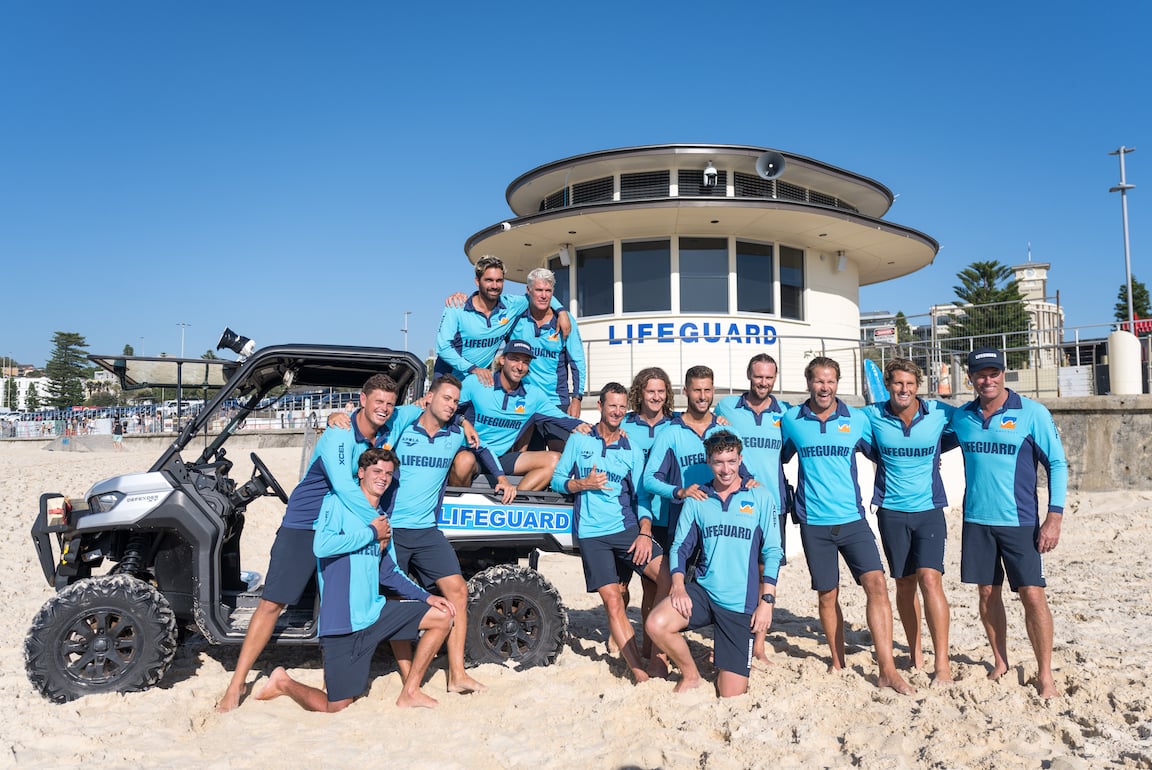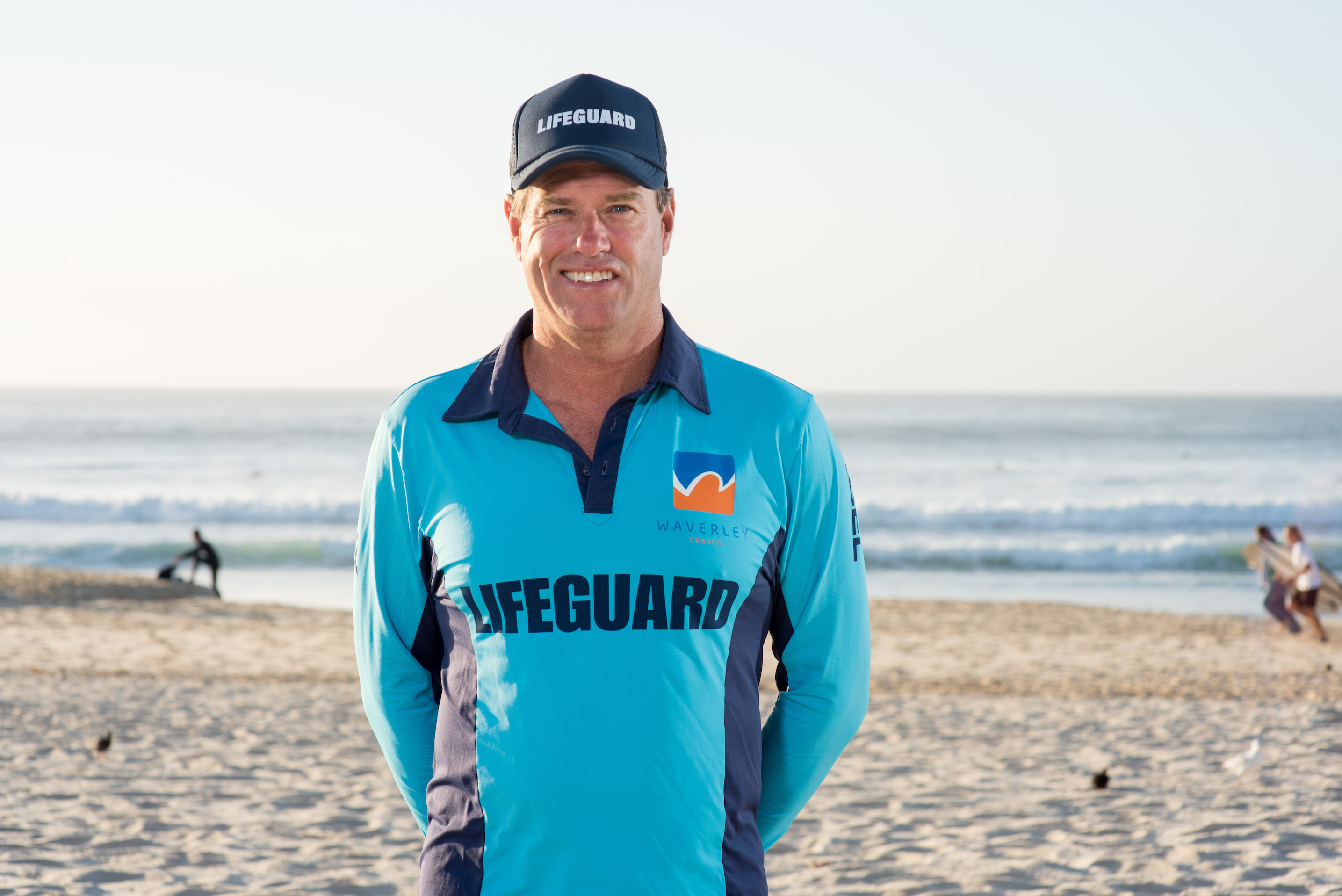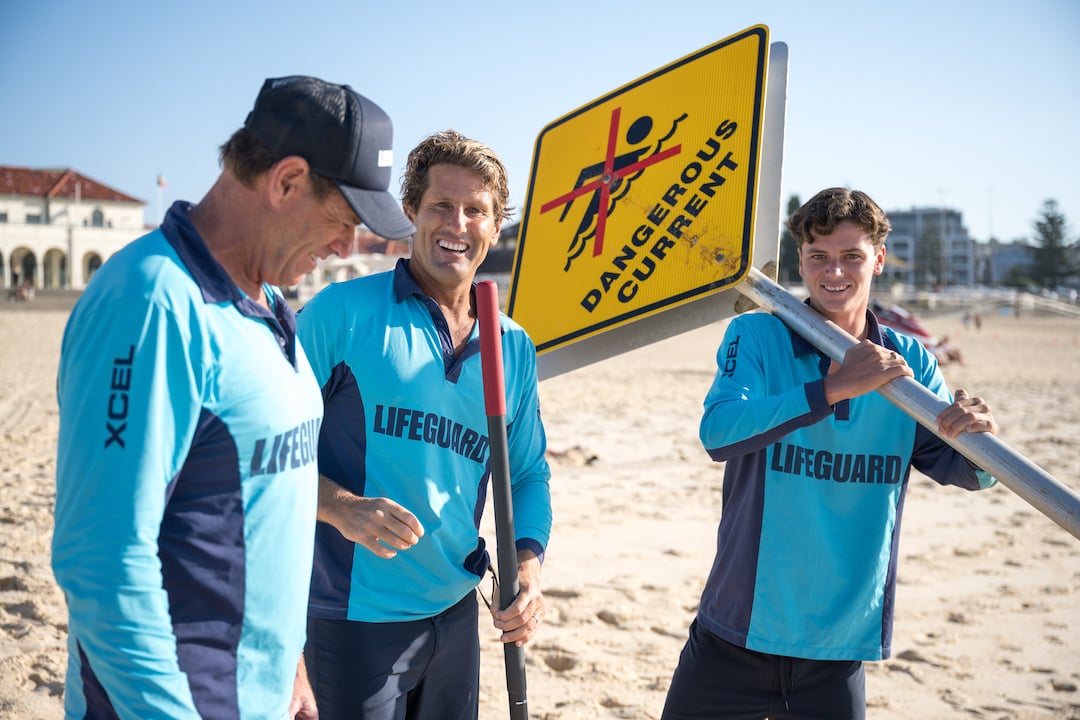“Bondi Rescue” is back for another outing, some 17 years and two months after it first premiered.
The observational documentary show was actually first commissioned as a one-off special, but now has over 200 episodes under its belt.
This year the show will have Bondi Beach back to its busy and chaotic peak after years of closed borders, lockdowns and wet Sydney summers.
Season 17 features head lifeguard Bruce ‘Hoppo’ Hopkins entering his 30th year as a lifeguard and attempting to educate the public about a new water safety message: “Float to Survive”.
Fellow lifeguard veteran Anthony ‘Harries’ Carroll is counting down to his 6,000th rescue, but faces the biggest challenge of his 28-year career when he’s called to help a baby who has stopped breathing.
Hoppo says it’s these unexpected and unpredictable moments which have enabled the show to continue for almost two decades.
“We just do whatever happens on the day,” he tells Variety Australia. “Whatever happens, a person needs to be rescued, or there’s a board rider injury or a spinal injury, or this year was probably one of the first where we had an infant who needed resuscitation.
Love Film & TV?
Get your daily dose of everything happening in music, film and TV in Australia and abroad.
“So there’s a whole range of things, and we don’t actually know what’s going to happen until it does. And then we need to write the story behind it. Our show is funny that way. It’s sort of in the reverse. You shoot the footage and then work out what the story’s going to be after the fact, rather than writing the story and then shooting the footage.
“So it’s a funny one, but it seems to always work and it seems that there’s always something happening at Bondi. It’s a crazy place. You would think that after 30 years of working there that I’ve seen everything, but then something else will pop up and it’s something I’ve never seen before.”
When things actually get serious though, how do the lifeguards and production team draw a line between entertainment, employment and ethics? When you’re literally dealing with life and death, it’s arguably not a time to be thinking about television.
“We just go into the way we’ve been trained and we actually forget the cameras are around at times because we’re just so intensely focused on someone – whether you’ve pulled them in and they’re struggling to breathe or it’s an actual resuscitation where the person’s not breathing, no heartbeat, right in front of you. And you just go into that training mode of what you’ve been taught over the years and get on with it,” he says.
Plus, in addition to the entertainment offering, there’s real educational value for both the public and the lifeguard professionals.
“It’s amazing that we can then look back on the footage, the raw footage, and really have a look. It helps the lifeguards because we can sit down and watch ourselves and what we did in that situation, and we can really learn from it. That’s been a real bonus of having a TV show, that we can look back on the footage. It helps everybody perform better in the next one that they do.”
It’s this balancing act of banter and beaches, life and laughter, and character and crises that Hoppo believes has kept the show successful since 2006.
“I think the show’s really resonating with a lot of people,” he says. “I think the show is going well because it’s a fun show and there’s a lot of banter and a lot of pranks we’ve played over the years – that gets people in – but then there’s these messages behind all of that. It’s great people are taking the lessons and messages on board as well.”
He adds: “It just seems to capture everybody… Maybe because you’ve got this serious side of it, but then also you’ve got the characters where we have a joke and a laugh. A lot of people relate us to the old TV show “M*A*S*H”, where one minute they’re joking and playing pranks on each other, next minute it’s all full-on serious when someone’s in some sort of trouble or they’re at risk and we need to get them back.”
Season 17 of “Bondi Rescue” on Channel 10 and 10 Play.

































